CopyrightInfringement
Latest

Starz apologizes for pushing Twitter to remove tweets on online piracy
How about this for a comedy of errors. Last week, Twitter removed a tweet posted by TorrentFreak, for an article about how Starz shows were being pirated. The TV service Starz compounded matters over the weekend after issuing a DMCA takedown to remove other users' tweets that shared the article or even simply referenced the irony of the removal of the first tweet.
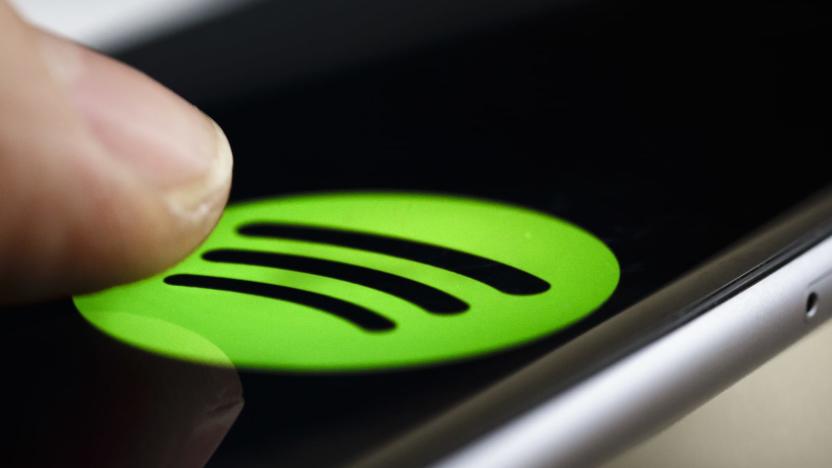
Spotify settles $1.6 billion copyright infringement lawsuit
Last year, Wixen Music Publishing filed a lawsuit against Spotify alleging that the music streaming service was using tens of thousands of songs without the proper licensing. But the $1.6 billion lawsuit has now come to a close as both companies have reached a settlement, Music Business Worldwide reports. "I want to thank Daniel Ek and Horacio Gutierrez, and the whole Spotify team, for working with the Wixen team, our attorneys and our clients to understand our issues, and for collaborating with us on a win-win resolution," Wixen President Randall Wixen said in a statement.
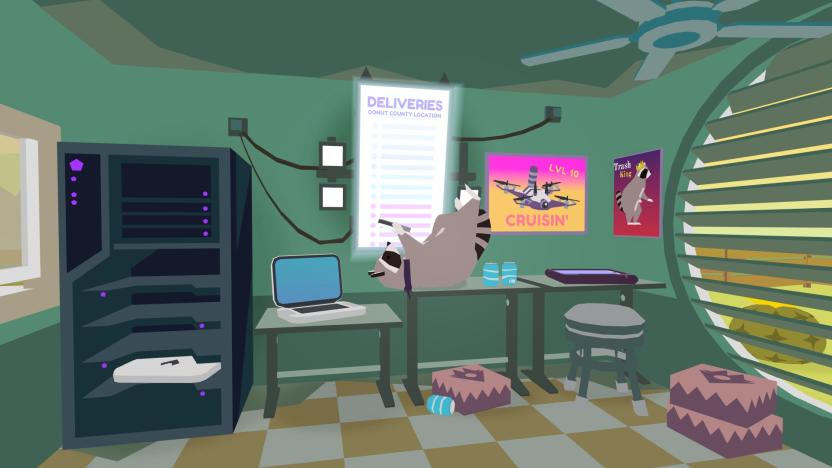
Mobile-gaming titans keep ripping off indies
The word "casual" has long been flung out as an insult on video-game forums and social media. It's deployed to belittle the interests of people who enjoy more relaxing experiences than gritty shooters, strategy-rich online games or time-sucking RPGs. Unsurprisingly, it's most often hurled at anyone who says they like mobile games. For Voodoo, "casual" isn't an insult. It's a cash cow.
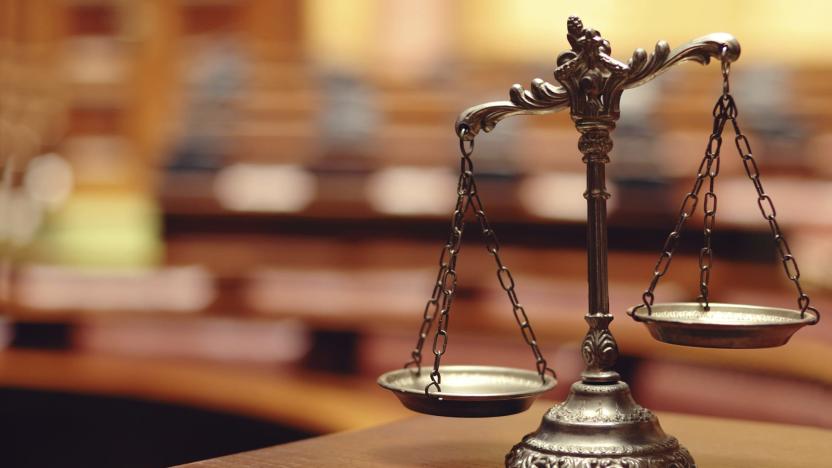
US court rules that using online photos can be considered 'fair use'
In the real world, copyright legislation seems simple enough -- don't steal something and claim it as your own work. Online, however, things are murkier. The EU Parliament recently passed a law that would stop users from uploading copyrighted content -- but in the digital age, what does 'copyright' actually cover? An Insta picture of your morning coffee? A meme? What about a cropped photograph of a D.C neighborhood? It's the last of these options that resulted in a legal tussle, and ended with a federal court ruling 'fair use'.
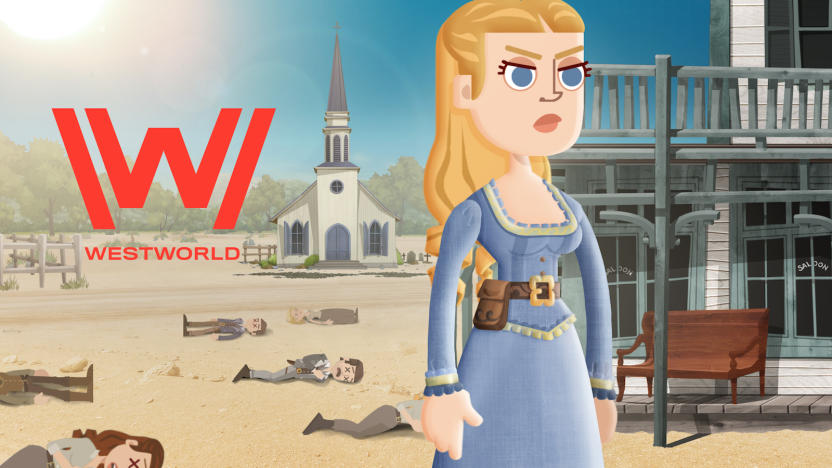
Bethesda lawsuit claims ‘Westworld’ game is ‘Fallout Shelter’ rip-off
Bethesda Softworks filed a lawsuit this week against Behavior Interactive and Warner Bros., alleging that the new Westworld mobile game is a "blatant rip-off" of its Fallout Shelter, Polygon reports. The company cites a number of reviews of Westworld that noted the similarities and points to specific parts of Westworld's gameplay and imagery that it says are largely indifferentiable from Fallout Shelter. "Working with the same copyrighted computer code used by Fallout Shelter, Westworld has the same or highly similar game design, art style, animations, features and other gameplay elements as Fallout Shelter, all of which are owned by Bethesda," the company says in its suit.
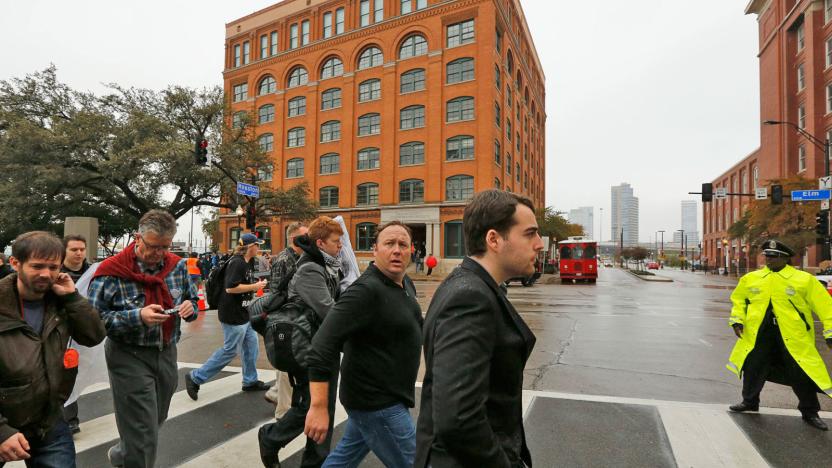
Pepe The Frog’s creator sues Infowars for copyright infringement
Despite artist Matt Furie's attempts to reclaim his Pepe The Frog character from neo-Nazis, his cartoon is still being used by the far-right. He created Pepe in the early 2000s and has described the character as a "peaceful frog-dude" whose true nature "celebrates peace, togetherness and fun." But in 2015, the far-right began to appropriate Pepe, using him as a representation of hate, white supremacy and anti-Semitism and the character became tied to racists and conspiracy theorists like Richard Spencer and Mike Cernovich. Furie has tried to reclaim Pepe through a #SavePepe campaign and by issuing cease-and-desist notices to those using its image and companies like Amazon, Google and Reddit whose sites hosted infringing content. He even tried to kill off the character last year. Now, he's going after Infowars.
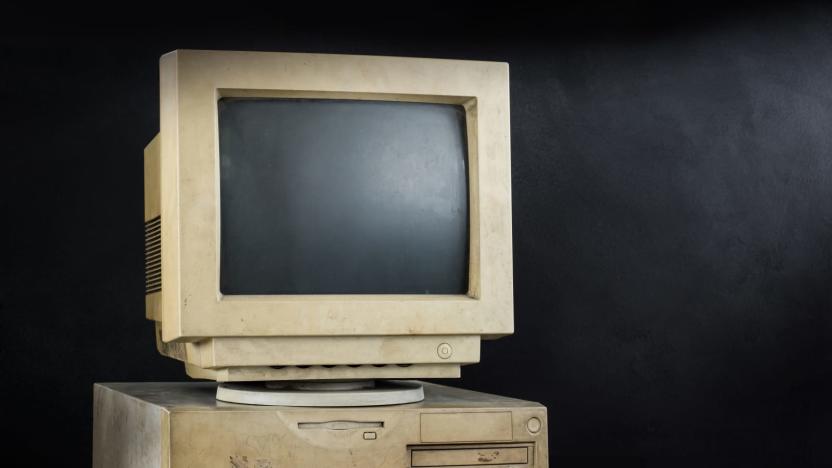
The ESA says preserving old online games isn't 'necessary'
The video game industry as a whole does a poor job of preserving its history -- especially when it comes to online games. The Entertainment Software Association -- responsible for E3; counts Electronic Arts, Sony, Microsoft, Nintendo and Ubisoft as members -- is petitioning the US Copyright Office to not make DMCA exemptions for abandoned online multiplayer games. It's an effort to block the folks at the Museum of Art and Digital Entertainment in California who would like to see an exemption made to how the DMCA treats titles like the original Everquest.

Disney sues Redbox for reselling DVD download codes
Disney isn't too happy with Redbox at the moment. The short-term movie rental service has been selling the download codes that come with the Disney discs it buys and subsequently lends out to customers. The Wall Street Journal reports that unlike other studios, Redbox doesn't have a distribution deal in place with Disney and as a result, it has to buy discs at retail. Then, it sells the download slips to customers at its kiosks for between $7.99 and $14.99.

CBS is suing someone for posting a 'Gunsmoke' screenshot online
CBS is suing a photographer for copyright infringement as a means of avoiding paying a copyright infringement claim the photographer filed against the TV network. Yes, you read that correctly. Jon Tannen posted a screenshot of the old show Gunsmoke to one of his social media accounts, according to Torrent Freak and when CBS caught wind, it filed a $150,000 lawsuit (PDF) citing:

Owner of YouTube ripping site settles lawsuit with record labels
Last year, record labels took the popular YouTube-ripping site YouTube-mp3.org to court seeking the pirating website's permanent shutdown and $150,000 per violation. Well, the labels, helmed by the RIAA, have, as of today, won with recent court filings pointing towards a settlement between the two parties.

China's online court heard its first case today
The Hangzhou Internet Court, a new online court in China that will hear internet-related civil cases, had its first trial today. Today's copyright infringement case was between a novelist and a web company that offered her novel to online subscribers without her permission and everyone met via video chat. The judge and both sets of legal agents connected through the web from different parts of the country and the whole thing took around 30 minutes to conclude.
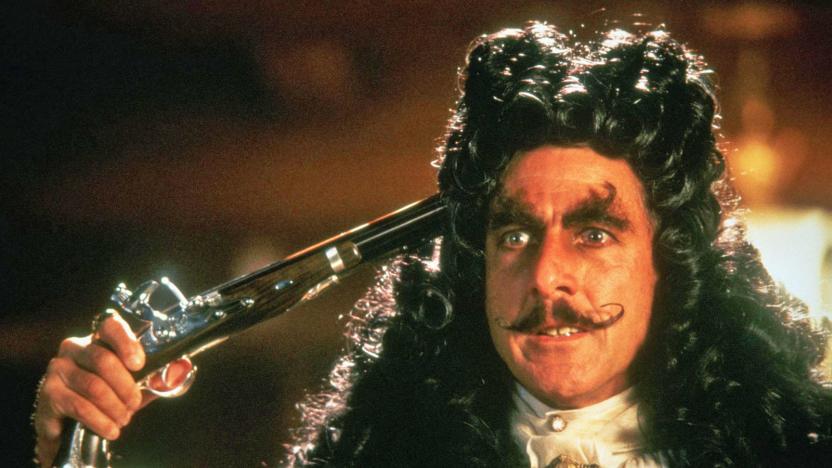
Is the UK's new piracy email alert program dead on arrival?
All of the UK's major internet service providers have just embarked on a new project aimed at curbing digital piracy. As part of a bigger campaign to promote legal sources of media, spearheaded by copyright holders and the UK government, ISPs have signed up to the Voluntary Copyright Alert Programme. Under this, providers have agreed to send warning emails to subscribers when their IP address has been implicated in illegal file-sharing. Rather than being threatening, these emails are intended to be educational, informing people of what's happening on their connection and pointing them towards all the legal ways they can watch the latest DVD releases. There's just one problem: It doesn't work.

UK ISPs will soon send written warnings to suspected pirates
UK ISPs will begin sending out emails to subscribers later this month, warning them of movie, TV and music piracy identified on their connection and pointing them to legal content sources. All four major providers -- Sky, BT, Virgin Media and TalkTalk -- have agreed to the Voluntary Copyright Alert Programme, an anti-piracy initiative that's been in the works since the summer of 2014. It's the active component of Creative Content UK, a partnership between copyright holders, the government and ISPs that aims to combat digital piracy in an educational, non-threatening way.

EU court says linking to copyrighted material isn't illegal
The EU Court of Justice announced in 2014 that it doesn't see linking to a publicly available website as a form of copyright infringement. Now, its Advocate General, Melchior Wathelet, says linking to a website doesn't break the law even if it hosts copyrighted content without the express permission of its rightful owner. The Dutch court sought Wathelet's opinion for a case wherein a local blog called GeenStijl linked out to websites hosting a collection of leaked Playboy photos. GeenStijl originally posted a link to a file-sharing service URL where people could download the images. When Playboy successfully got that pulled, it linked to other public sources instead.

UK faces big backlash on longer sentences for online pirates
The results are in and surprise surprise, the public doesn't agree with the UK government's proposal to raise the maximum sentence for online copyright infringement. Policymakers want to increase the limit set by the Copyright, Designs and Patents Act 1988 from two to ten years, matching the cap for physical goods. A campaign by the Open Rights Group (ORG) has triggered a wave of discontent towards the government's consultation, however. Over 900 responses were created with ORG's submission form, contributing to 1,011 opposing voices in total. In comparison, there were 21 supporters for the 10-year limit -- 20 businesses and 1 individual.

UK police smug after 'major success' blocking pirate site ads
The UK's Police Intellectual Property Crime Unit (PIPCU) is patting itself on the back today, claiming a small victory in its ongoing war against online piracy. The specialist division announced that its plan to target the coffers of copyright-infringing websites has resulted in a 73 percent decrease in advertising on these illicit portals from the UK's biggest digital ad spenders. "Operation Creative" was launched by the PIPCU back in 2013 with the specific goal of disrupting online piracy. When the best-case scenario of pressuring a copyright-infringing site to turn legit fails, as we imagine all attempts do, the fuzz turn to other "tactical options." These include shutting the site down with the help (or else) of the domain registrar, or starving the pirate captains' bank accounts by putting a dent in their advertising revenues.

Google sees over 1 million daily takedown requests for pirate links
While sites like The Pirate Bay are busy improving the experience for the torrent-loving crowd, Google's facing the task of processing an extreme amount of removal request for pirate links. According to a recent transparency report on the matter, Google is now seeing more than 1 million DMCA takedown notices per day. In the previous week alone, for instance, the tech giant was asked to remove about 8 million results from its search engine. As TorrentFreak points out, the amount of copyright removal notices sent to Google has seen a tremendous spike in recent times -- it wasn't long ago that the number of takedown requests was in the low-hundreds for the entire year. With the growth of the internet as a whole, however, it's easy to see how that's come to be. You can peruse the report in full here, if you're into that sort of thing. [Image credit: will never stop us/Flickr ]

EU court rules that reading online news doesn't violate copyright
You probably didn't know it, but the legality of what you're doing right now has been a hotly debated issue in EU courts -- reading articles online. For the last four years the Public Relations Consultants Association (PRCA) and the Newspaper Licensing Agency (NLA) have been trying to determine if browsing and viewing copyrighted material online required the authorization of the copyright holder; today the Court of Justice of the European Union (CJEU) ruled that it does not. It sounds like a no-brainer, but the facts are a little more complicated: the two groups were arguing over the application of licenses to media monitoring agencies and their effects on the end-user.

Big music labels file their own lawsuit against Megaupload over piracy
The seemingly inevitable has happened: following in the footsteps of the MPAA, the big music labels behind the RIAA have filed a copyright lawsuit against Megaupload. The companies assert that Kim Dotcom and crew both fostered and "handsomely profited from" illegally copied tunes shared through the service before the federal government shut it down. The RIAA is quick to add that Megaupload's death resulted in a drop in piracy across the board -- that's surely evidence that it was up to no good, right?

Editorial: Let Google be a little evil
Google's lawyers visited the Second Circuit Court of Appeals last week for a polite conversation with three judges and attorneys from the Authors Guild. You remember -- the book-scanning thing? Yes, the case is 7 years old and still unresolved. The Circuit Court is just a way station in a longer journey -- at issue is whether the Authors Guild's class action suit should be broken apart, forcing authors and publishers to confront Google individually. Google is going to win this thing eventually. If that makes Google evil, it is a necessary evil. The bigger question is about the lawfulness of Google's digital library quest, and the legitimacy of the Guild's copyright charges and request for damages. There are points of similarity to the music industry's litigation saga. And major differences. Google is going to win this thing eventually. If that makes Google evil, it is a necessary evil.










